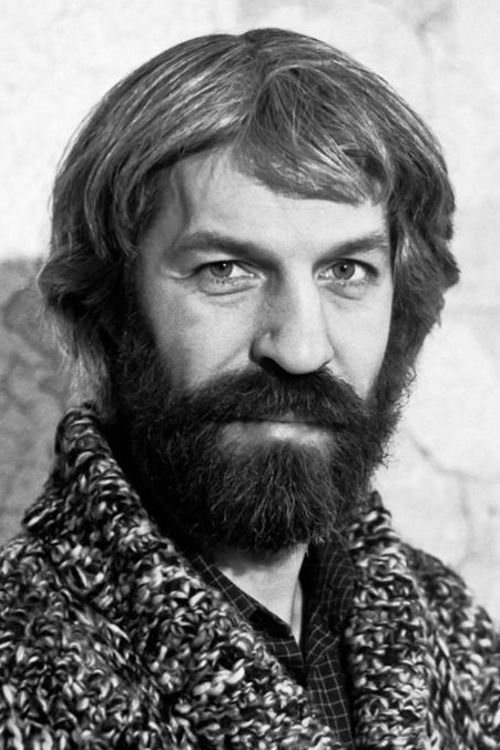

Set in the 16th century, this is a story about Ukraine's Cossack warriors and their campaign to defend their lands from the advancing Polish armies.
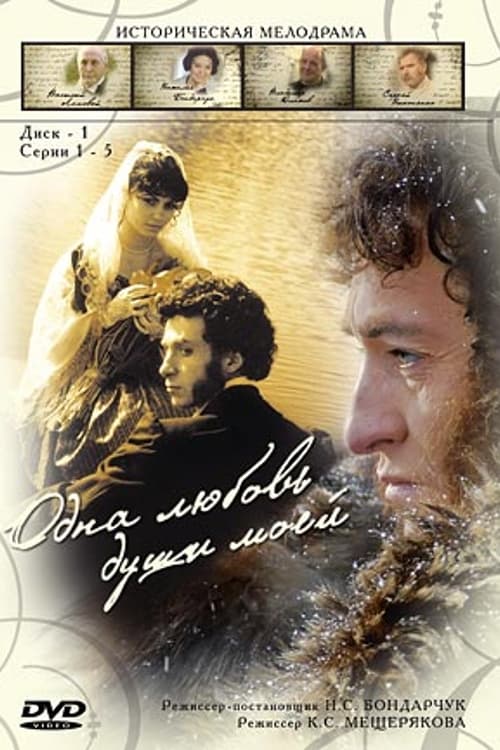
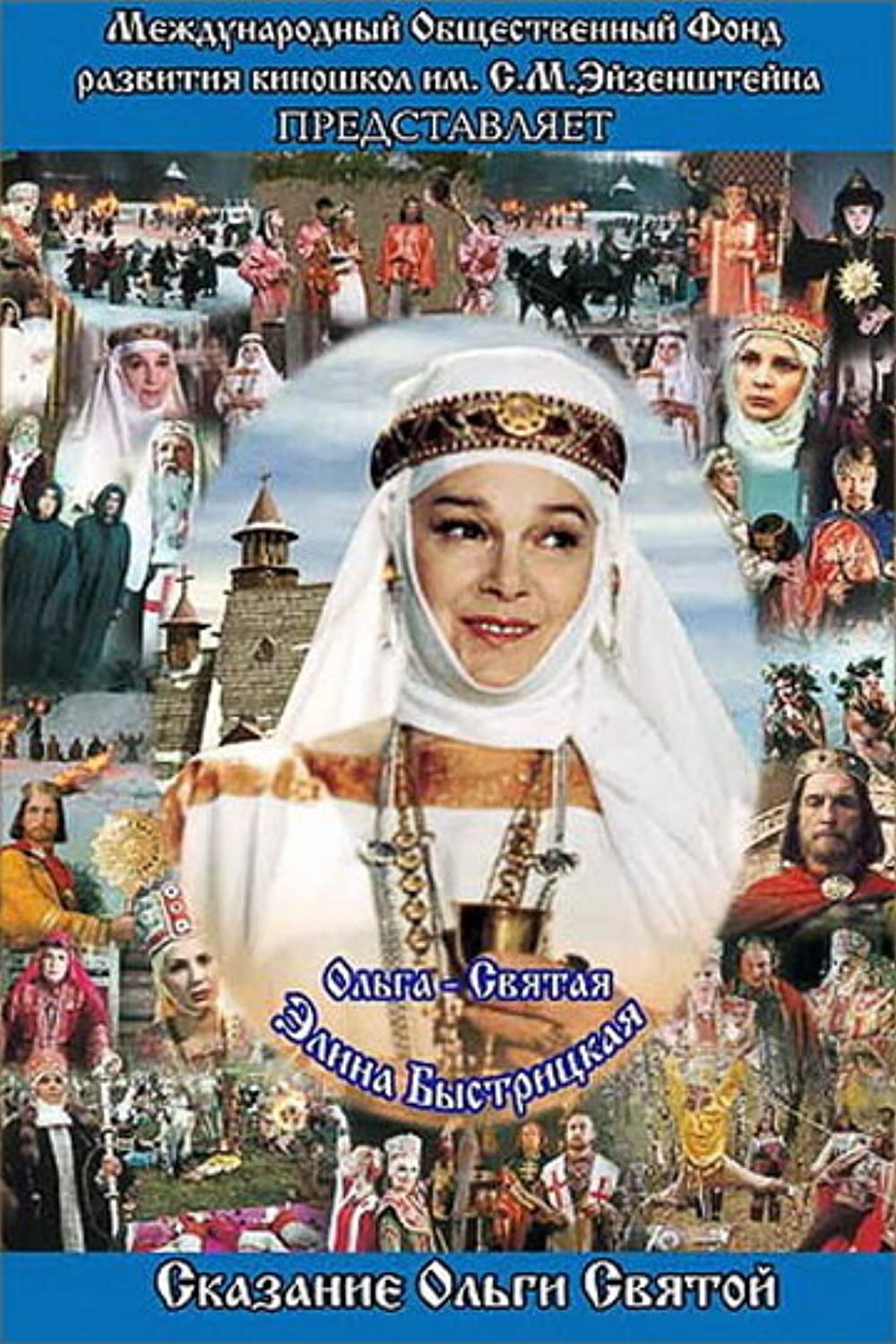
The first part of Bulat Mansurov's planned epic film series; “The Saga of the Ancient Bulgars". Tells the story of pagan Rus' during the time of Prince Igor, his murder by the Drevlyans, Olga's revenge, Olga's repentance and adoption of Christianity.
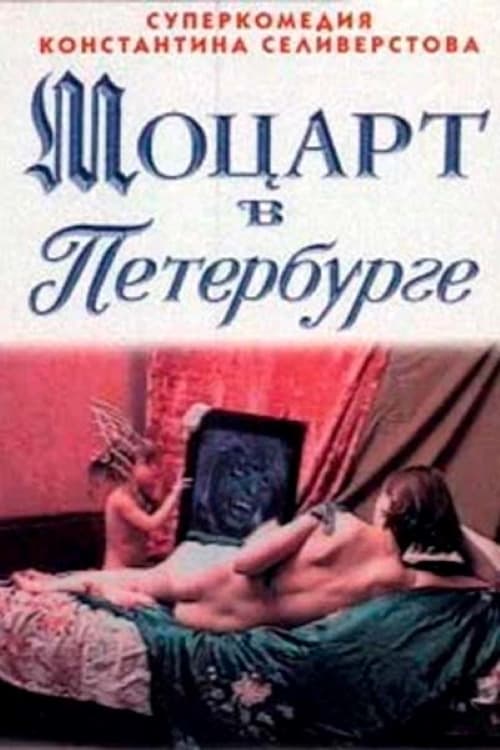
St. Petersburg banter on the topic of Mozart’s stay in present-day St. Petersburg. Mozart loved Salieri very much. Together they messed around in a tavern. However, Mozart never drank with Salieri - he offered his glass to one of his friends. Friends were very unhappy...
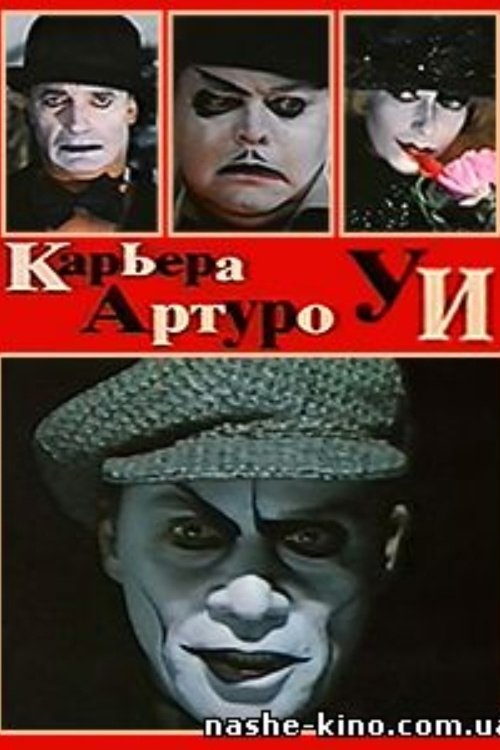
When the powerful of this world give a small scoundrel the opportunity to become a big scoundrel - how many opportunities there are for a funny comedy...
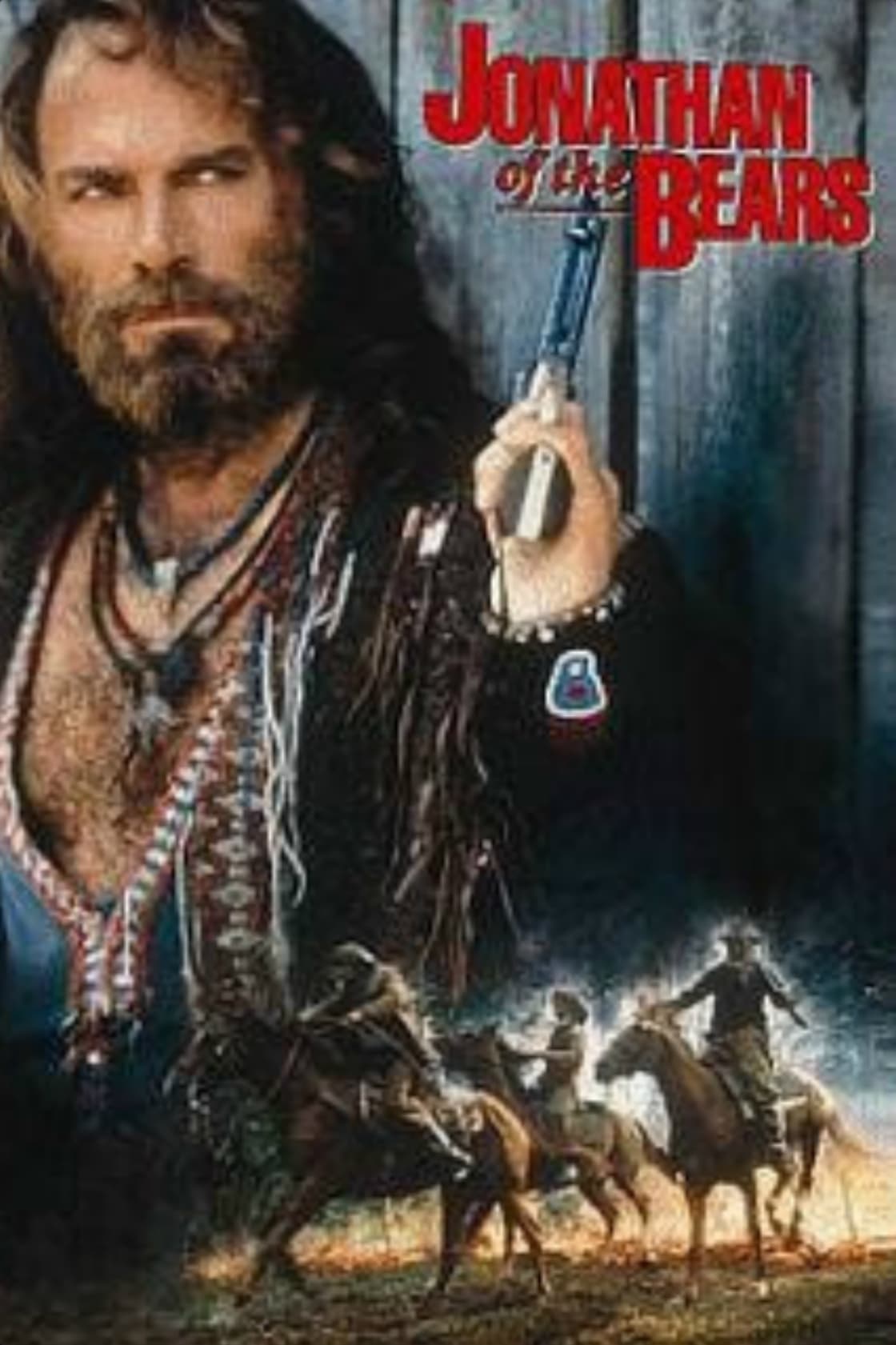
A young boy witnesses his parents' murder. Later, as he grows up, he befriends a bear in the wilderness and the chief of a local Indian tribe, and he stays with the Indians, but makes an enemy of the chief's son. As he enters adulthood he sets out to find the men responsible for his parents' deaths.
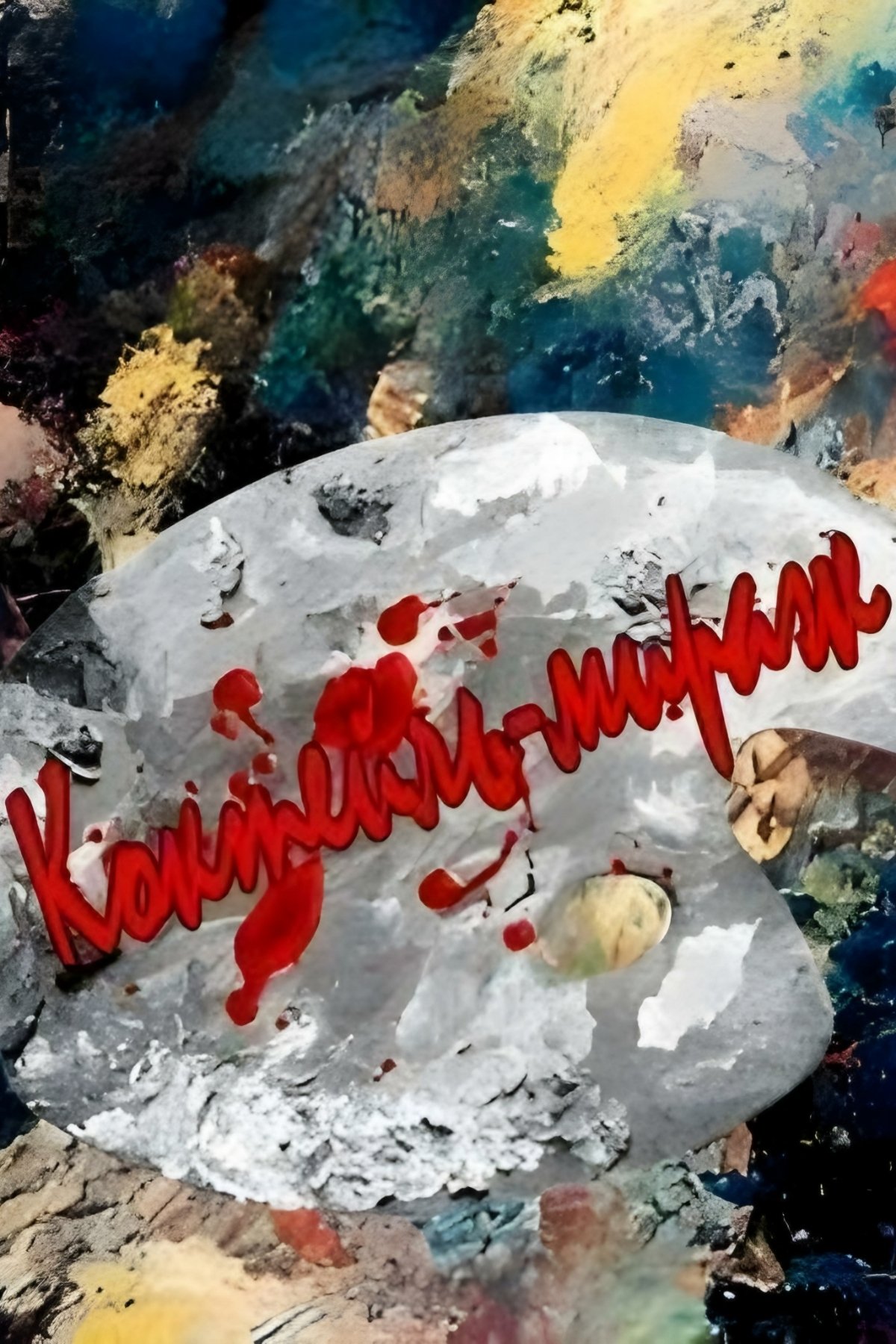
A sentimental story with a detective plot about a poor artist who decided to earn extra money in a cafe.
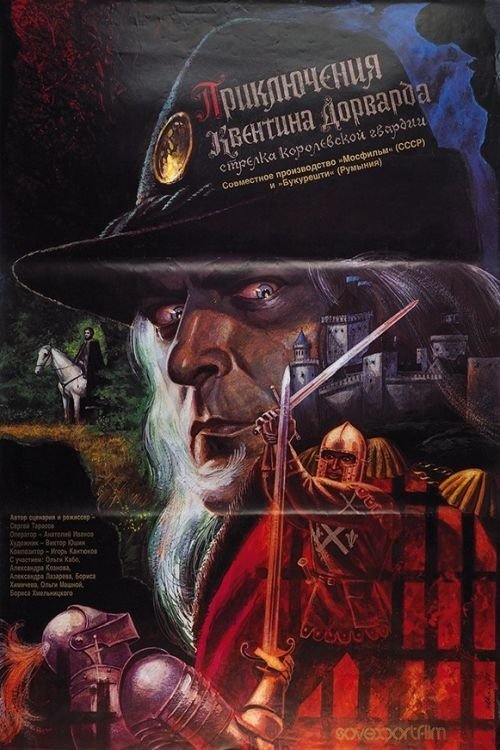
France, XV century. The young Scot, striving to make his worthy efforts, is kindly treated by the king and admitted to the guard. Soon the king entrusts him with a difficult mission - however, the matter turns into an insidious deception. Saving his beloved, the shooter of the guard shows miracles of courage and nobility ...
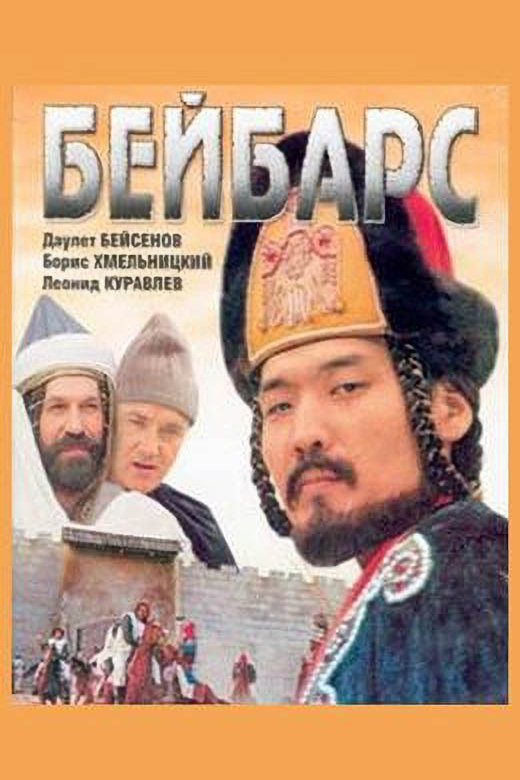
The first part of a historical film dilogy based on the story “Emshan” by Maurice Simashko. XIII century. Equal to God, Sultan Beybars — the ruler of Egypt, who has the largest fleet in the Mediterranean, crushed the Crusader troops and countless hordes of Genghis Khan’s descendant – recalls the life path he passed before ascending to the throne of the ruler.
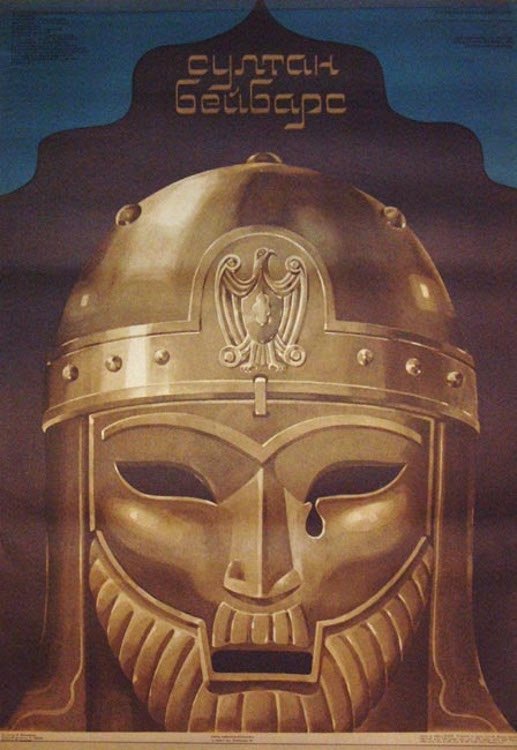
The second part of a historical film dilogy based on the story “Emshan” by Maurice Simashko. XIII century. Equal to God, Sultan Beybars — the ruler of Egypt, who has the largest fleet in the Mediterranean, crushed the Crusader troops and countless hordes of Genghis Khan's descendant – recalls the life path he passed before ascending to the throne of the ruler.
Boris Khmelnitsky was a popular Russian actor of film and theatre and a member of the legendary Taganka company under directorship of Yuriy Lyubimov. He was born Boris Alekseevich Khmelnitsky on June 27, 1940, in Ussuriisk, a small town near Vladivostok in the Far East of the Soviet Union. His father, Aleksei Khmelnitsky, was a ranking officer in the Soviet Red Army who was manager of several Army clubs in the USSR. Young Khmelnitsky was brought up in a rather privileged environment; since childhood, he studied literature, arts, and music, and enjoyed a special atmosphere of his father's circle. He studied music at Lvov College of Music, graduating in 1961 as orchestral conductor, then studied acting at Shchukin Theatrical school in Moscow, graduating in 1966 as an actor. In 1966, he made his film debut in 'Kto vernetsa - dolyubit' by director Leonid Osyka. Khmelnitsky shot to popularity with roles in _Sofiya Perovskaya (1967)_ by director Lev Arnshtam, and in _Krasnaya palatka (1970)_. In the USSR, he was best known as Robin Hood in Strely Robin Guda (1975), and later reprized the role in The Ballad of the Valiant Knight Ivanhoe (1983). From 1964 to 1984 Khmelnitsky was a member of the troupe under directorship of Yuriy Lyubimov at the Taganka Theatre company in Moscow. There his stage partners were Vladimir Vysotskiy, Leonid Filatov, Venyamin Smekhov, Alla Demidova, Zinaida Slavina, Ivan Dykhovichnyy, Boris Galkin, Aleksandr Porokhovshchikov, Valeriy Zolotukhin, Natalya Sayko, Nikolay Gubenko, Zhanna Bolotova, Nina Shatskaya, Leonid Yarmolnik, and other notable Russian actors. During the 60s and 70s, Khmelnitsky played leading roles in Taganka productions, such as 'Pugachev' and 'Master i Margarita', a stage adaptation of the eponymous book by Mikhail A. Bulgakov. He also wrote music for several Taganka productions. Boris Khmelnitsky enjoyed recognition in the former Soviet Union, and was part of the intellectual milieu known as "the 60s generation." He was designated People's Actor of Russia (2000). He died of a chronic illness on February 16, 2008, and was laid to rest next to his parents in Kuntsevskoe cemetery in Moscow, Russia. He is survived by his ex-wife Marianna Vertinskaya and their daughter Darya Khmelnitskaya.
By browsing this website, you accept our cookies policy.